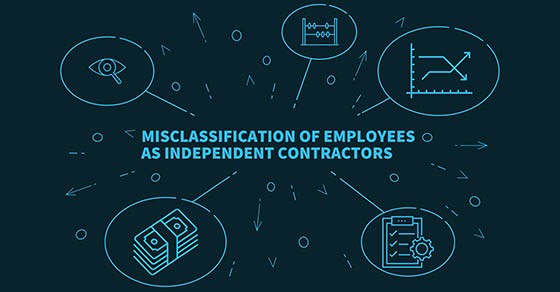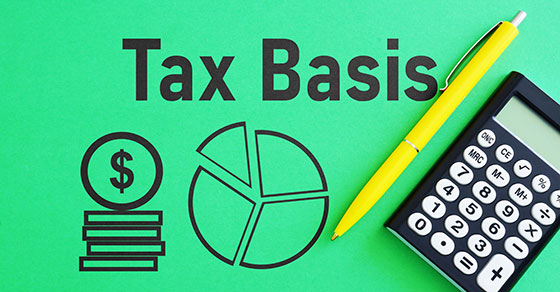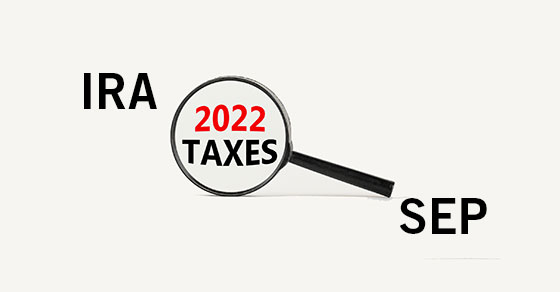Can You Deduct Student Loan Interest on Your Tax Return?
The federal student loan “pause” is coming to an end on August 31 after more than three years. If you have student loan debt, you may wonder whether you can deduct the interest you pay on your tax return. The answer may be yes, subject to certain limits. The deduction is phased out if your adjusted gross income exceeds certain levels — and they aren’t as high as the income levels for many other deductions.

Deduction basics
If you’re eligible, the maximum amount of student loan interest you can deduct each year is $2,500. The interest must be for a “qualified education loan,” which means a debt incurred to pay tuition, room and board, and related expenses to attend a post-high school educational institution, including certain vocational schools. Post-graduate programs may also qualify. For example, an internship or residency program leading to a degree or certificate awarded by an institution of higher education, hospital, or health care facility offering post-graduate training can qualify.






























